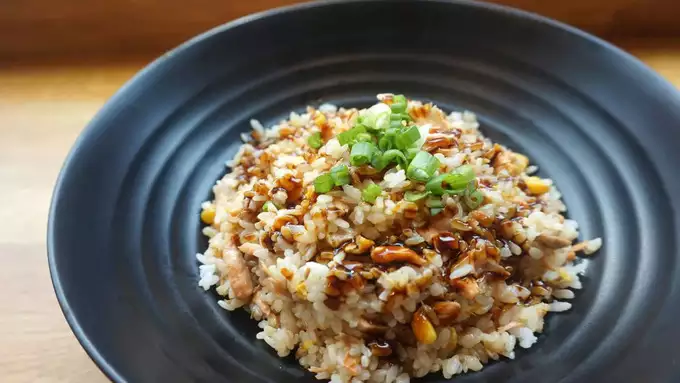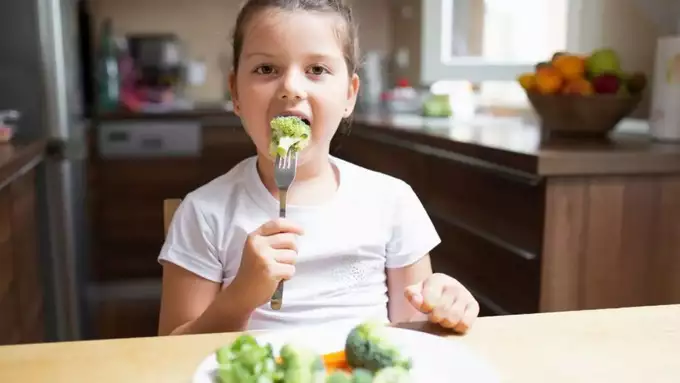In today’s fast-paced world, the health and diet of children often take a backseat, leading to the consumption of processed and packaged foods. This, combined with unhealthy eating habits, lack of sleep, minimal physical activity, and excessive screen time, can adversely affect a child’s health. To address these concerns, celebrity nutritionist Rujuta Diwekar has shared her expert advice on what constitutes a healthy dinner for children.
Rujuta Diwekar’s Dinner Guidelines for Children
According to Rujuta Diwekar, the key to a nutritious dinner for children is consistency and simplicity. Here are her recommendations:
What to Include in a Child’s Dinner

Diwekar emphasizes the importance of a balanced meal that should be served six days a week. A typical dinner should include:
- Dal-Rice: A staple combination providing essential proteins and carbohydrates.
- Roti: Whole wheat roti offers fiber and additional nutrients.
- Vegetables: A variety of vegetables ensures a range of vitamins and minerals.
This combination is highly nutritious and fulfills the daily requirements for a growing child’s body and brain. The consistency in the type of food helps in maintaining a balanced diet and promotes overall health.
Nutritional Benefits

By adhering to this simple dinner plan, children receive the necessary nutrients to support their growth and development. A diet rich in dal, rice, roti, and vegetables aids in:
- Proper Growth: Essential nutrients support physical and cognitive development.
- Good Sleep: A balanced diet contributes to better sleep quality.
- Overall Health: Provides sustained energy and promotes well-being.
Although the repetition of the same meal may seem monotonous, Diwekar advises against straying from healthy options. To enhance the meal, she recommends adding ghee, which provides healthy fats and additional nutrients.
Foods to Avoid

Diwekar strongly advises against:
- Ready-to-Cook Foods: Items like noodles and pasta, as well as frozen foods, are low in nutrition and often high in sugar and preservatives. These do not contribute to a child’s health and can be detrimental in the long run.
- Frequent Outside Food: Fast food and restaurant meals should be limited. They lack essential nutrients and can negatively impact a child’s health and hydration levels.
The Importance of Homemade Food
Homemade meals are preferable as they ensure that children receive wholesome, nutritious food without added sugars and preservatives. Diwekar suggests limiting outside food to no more than twice a month to avoid compromising the child’s health.

Incorporating Variety
While consistency is key, Diwekar recommends introducing variety once a week. Designating a day, such as Saturday, for a different meal at home can keep the child’s diet enjoyable without deviating from healthy eating habits.

By following these guidelines, parents can better manage their children’s nutritional needs, ensuring they grow up healthy and strong.


